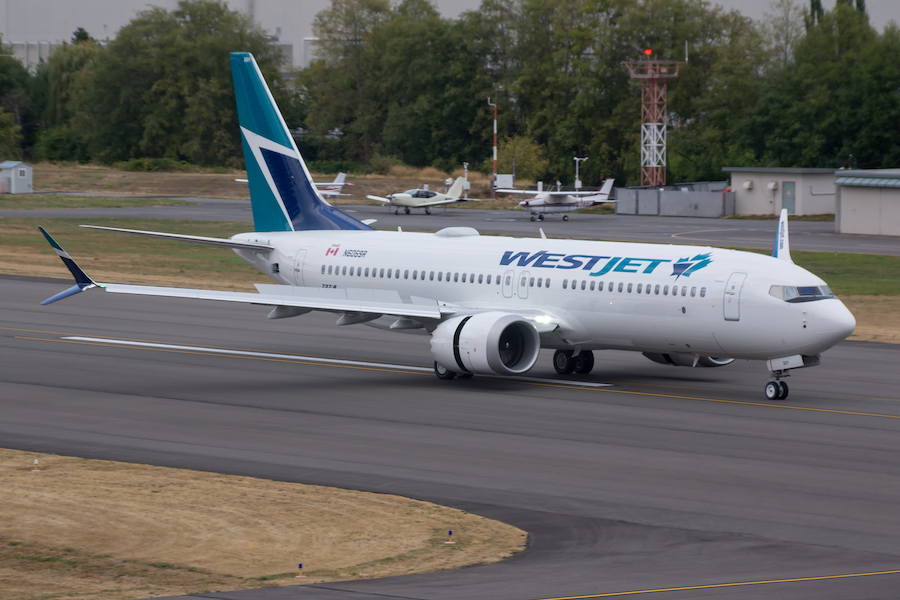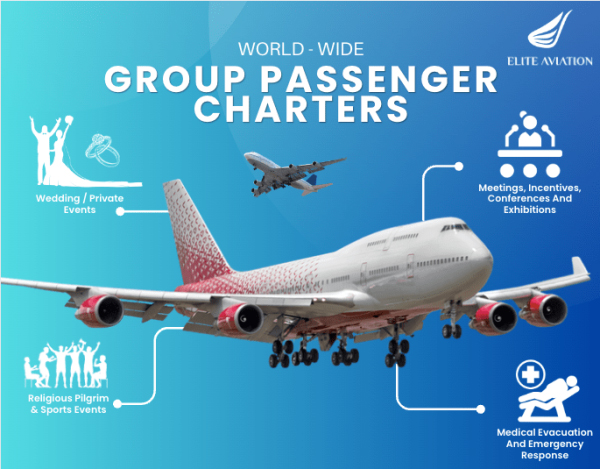By Rick Shideler
Canada to Test Fly the 737 MAX Before Granting Approvals
Transport Canada announced this week it plans to conduct test flights of the 737 MAX prior to its return to service in Canadian skies.
According to a report by Reuters, Transport Canada, the Canadian ministry tasked with overseeing all aspects of transportation in the country, will be the first non-U.S. government agency to conduct its own independent test flights. The flights are reportedly planned to occur next week and are expected to be conducted in the Washington state area according to Reuters.
The Canadian tests are part of the regulator’s “independent review” on whether to validate proposed changes by Boeing to the aircraft, Transport Canada said. “These tests will validate key areas of the FAA certification.”
For its part, Boeing has reportedly conducted over 4,000 hours of flight tests on the MAX to examine software changes and other design fixes that have been introduced into the aircraft. In a preliminary report on the recertification efforts conducted to date, the FAA noted it conducted 50 hours of its own flight tests and has accumulated over 60,000 man-hours of manpower to the recertification effort.
Currently, no other foreign government agencies have publicly announced plans to conduct their own test flights prior to the MAX’s return to service but several governments, including Canada, are planning to participate in a key next step.
The U.S.-led Joint Operational Evaluation Board (JOEB) is expected to meet later this year and will evaluate minimum pilot training requirements. The Federal Aviation Administration (FAA), along with partners from Canada, Europe, and Brazil, will evaluate pilot-training needs using line pilots of various experience levels from U.S. and international carriers.

An Air Canada 737MAX. Both Transport Canada and EASA, Europe’s aviation safety board, have said that they want to see Boeing make more MAX fixes before approving the aircraft for commercial service.
(Photo: AirlineGeeks | Katie Bailey)
Additionally, the FAA recently announced it will be issuing a Notice of Proposed Rulemaking (NPRM) for an Airworthiness Directive (AD) affecting the Boeing 737 MAX. In a press release issued earlier this month, the agency stated the NPRM will provide 45 days for the public to comment on proposed design changes and crew procedures to mitigate the safety issues identified during the investigations that followed the Lion Air and Ethiopian Airlines accidents.
The public comments to the NPRM are certain to contain a request to the FAA by the Canadian government that has not been publicly responded to by the FAA. Canada has requested Boeing and FAA consider adding a means to silence the stall warning alarm (stick shaker) in the event of an erroneous impending stall. Transport Canada has suggested the alarm system added to pilot confusion and distraction as they attempted to remedy the issues attributed to have caused two fatal accidents.
Canada’s largest airlines, Air Canada and WestJet, both have the 737 MAXs in their fleet mix. Air Canada having 24 and WestJet having 13 with both airlines having options for additional deliveries in the future.
[ad_2]
Source link


